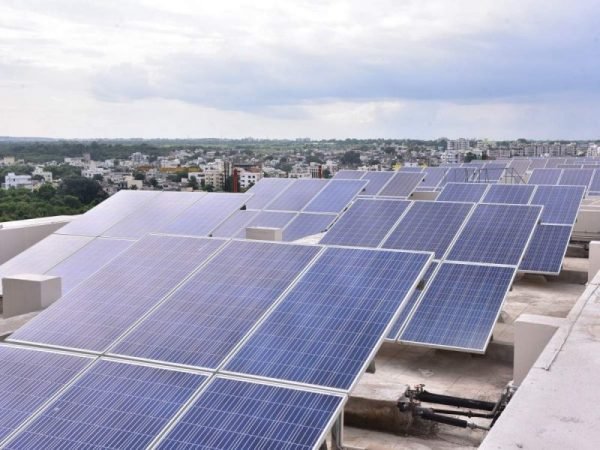Universalization of Membership of International Solar alliance

A recent amendment made in the International Solar Alliance agreement has now allowed all members of the United Nations to join the Alliance. It was passed on the 15th of July which lets all the 192 member countries to the United Nations to apply for the membership to the alliance.
The International Solar Alliance or known as ISA was formed under the Paris Climate Accord of 2016, which aims at consistently increasing the use of solar power to curtail the carbon footprint levels and help countries become less dependent on conventional energy sources especially fossil fuels. The framework, which was inaugurated in 2018 during the COP21 in Paris jointly by the Indian Prime Minister Narendra Modi and the president of France François Hollande, have almost 87 countries signing to it. And as of the latest count, the instrument of ratification, which is a document citing the approval and commitment to the alliance, has been submitted by around 67 countries. It serves as a multilateral forum to tackle climate change with exchange of ideas, technology and capacity building between the countries that are a part of the alliance.
This comes amidst a press notice released by the Ministry of External Affairs, which emphasised on the importance of universalising the membership to ISA. Earlier, the alliance was only open to the solar resource-rich countries situated between the tropic of Cancer and tropic of Capricorn. But now, it would now give a chance to all those countries which otherwise could reap the benefits of the alliance. Along with this, the statement also intimated that the “Universalization of ISA membership was achieved after the “necessary ratifications, approvals or acceptances were obtained from the requisite number of ISA Member countries as mandated by the Framework Agreement of the ISA.”
The main aim of the ISA is to harness solar power in the most affordable, prudent, efficient and sustainable manner. It mandates the use of cutting edge, e-mobility solar technology for energy generation and popularises the use of rooftop installations on a micro level to save electricity costs. It also involves sufficient financing activity to fund these projects in a decentralised fashion, collaborating with the rural areas of the member countries. Being under global management, it provides needy member countries with support and access to solar technologies.


















